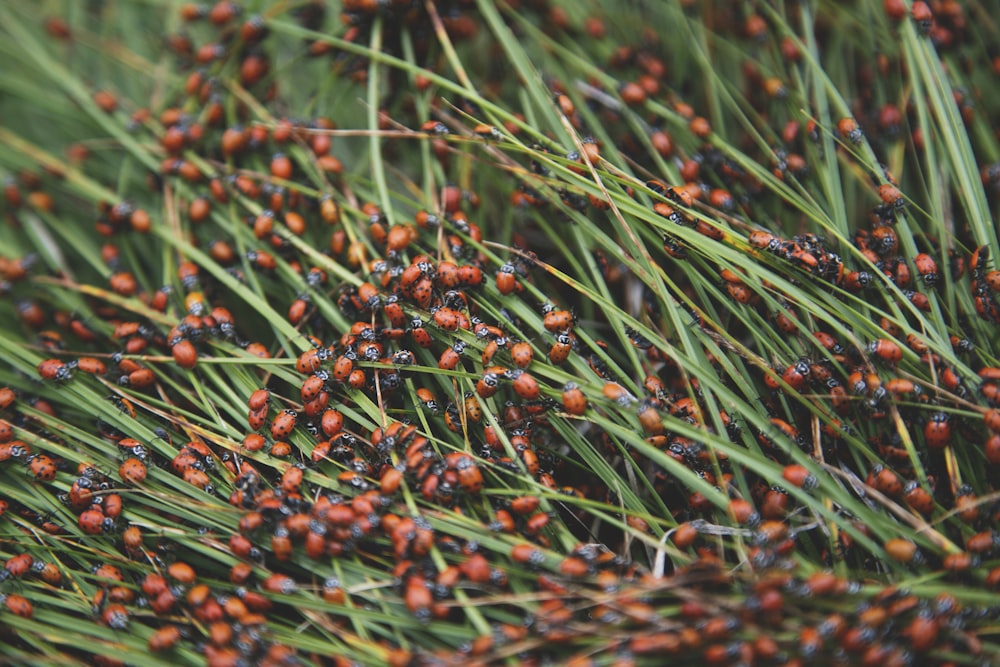
The recent passage of the California Food Safety Act has sparked controversy over its potential impact on beloved candies like Skittles. Misinformation and viral social media posts have led to confusion, with claims that Skittles will be banned in California. However, it is important to understand the facts surrounding this law and its implications for the candy industry. This article aims to provide a comprehensive and unbiased analysis of the California Food Safety Act, its targeted additives, and the potential effects on Skittles and other popular candies.
The California Food Safety Act: A Brief Overview
The California Food Safety Act, signed into law by Governor Gavin Newsom, aims to regulate the use of certain food additives in the state. The law specifically targets four chemicals: red dye No. 3, potassium bromate, brominated vegetable oil, and propylparaben. These additives have been linked to various health risks, including cancer, reproductive issues, and neurological conditions.
It is worth noting that an earlier version of the bill included titanium dioxide, a chemical found in Skittles. However, titanium dioxide was ultimately dropped from the final version of the law. Despite this, the misnomer “Skittles ban” has persisted in some media reports and social media posts.
Understanding the Additives in Question
Red Dye No. 3: A Potential Health Risk
Red dye No. 3 is a food coloring commonly used in candies, baked goods, snacks, and cereals. Studies on animals have suggested a link between this additive and thyroid cancer. While the Food and Drug Administration (FDA) banned its use in cosmetics based on this evidence, it remains permitted in food products. The European Union has already banned this additive due to concerns over its potential health risks.
Potassium Bromate: A Carcinogenic Additive
Potassium bromate is an oxidizing agent used in bread doughs and baked goods. Animal studies have shown carcinogenic effects, particularly in the kidney, thyroid, and gastrointestinal system. While the FDA regulates the use of potassium bromate in food, concerns over its potential harm have led other countries, including the European Union, to ban its use.
Brominated Vegetable Oil: Concerns Over Memory Loss
Brominated vegetable oil (BVO) is used as a stabilizer in fruit-flavored beverages. Studies have found that BVO can harm skin membranes and, in high quantities, lead to memory loss. The FDA allows the use of BVO in small amounts, but concerns over its potential health effects have prompted calls for further regulation.
Propylparaben: Potential Reproductive Issues
Propylparaben is a preservative used in various food products, including candies. Some studies have suggested that propylparaben can interfere with fertility and decrease sperm count in rats. While the FDA has approved this additive, concerns over its impact on reproductive health have raised questions about its long-term safety.
The Impact on Skittles: Separating Fact from Fiction
Despite the misleading claims and social media posts, Skittles will not be banned in California. The final version of the California Food Safety Act does not include titanium dioxide, the chemical found in Skittles that initially drew attention. However, it is important to note that Skittles, like many other candies, may contain some of the other additives targeted by the law, such as red dye No. 3.
Mars, the maker of Skittles, has already reformulated its European version to eliminate the use of titanium dioxide. This demonstrates that food companies can adapt their recipes to comply with different public health laws in various countries.
Controversy and Industry Response
The passage of the California Food Safety Act has sparked controversy and drawn strong reactions from various stakeholders. The National Confectioners Association, a trade organization representing the candy industry, opposes the law, arguing that it creates inconsistent state requirements and increases food costs. They emphasize the FDA’s role in evaluating the safety of food additives and advocate for a uniform national food safety system.
Consumer advocates and proponents of the law argue that the FDA’s regulatory process has been slow and ineffective in addressing potential health risks associated with these additives. They believe that state-level action is necessary to protect consumers and push for reformulation of products to eliminate these potentially harmful chemicals.
The Future of Food Additives Regulation
The California Food Safety Act is a significant step in addressing concerns over the safety of food additives. By banning these specific chemicals, California has taken a proactive approach to protect its residents from potential health risks. The law provides food manufacturers with ample time to reformulate their products and comply with the new regulations.
The impact of this law extends beyond California’s borders. With its large economy and influence on the food industry, California’s regulations may prompt nationwide reformulation of products to meet the state’s standards. Additionally, other states, such as New York, are considering similar legislation, highlighting the need for comprehensive and consistent regulations at the federal level.
Conclusion
While the California Food Safety Act has been mischaracterized as a “Skittles ban,” the reality is more nuanced. The law targets four specific additives that have been linked to health risks, but Skittles itself will not be banned in California. Mars, the maker of Skittles, has already adjusted its recipe in other countries to comply with similar regulations.
The passage of this law reflects growing concerns over the safety of food additives and the need for stricter regulations. It also highlights the role of individual states in addressing these issues when federal regulations may be slow to act. As the debate continues, it is crucial to separate fact from fiction and promote informed discussions on the safety of our food supply.